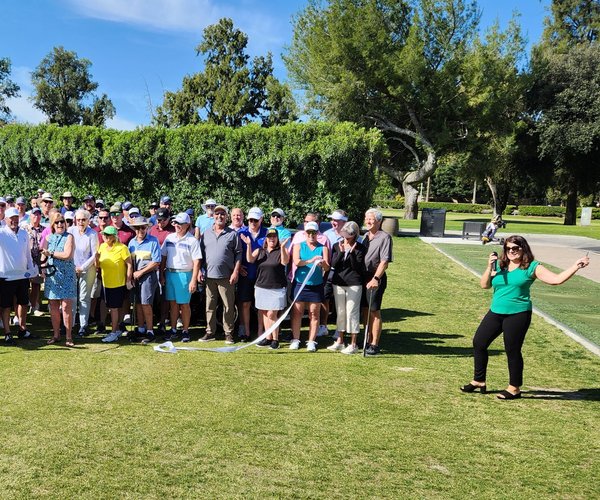In California a person convicted of forcing someone into the sex trade or forced labor would face a maximum of eight years in prison. But efforts to toughen up California’s laws on human trafficking are ramping up, including a statewide tour in support of the California Against Sexual Exploitation Act that will be making a stop in Modesto on Saturday.
The CASE Act is an initiative that seeks to end human trafficking and sexual exploitation in California by enforcing harsher penalties for offenders. Specifically, the initiative calls for increased prison terms for human traffickers and would require all convicted sex traffickers to register as sex offenders under Megan’s Law. Additionally, all registered sex offenders would have to disclose their Internet accounts and human traffickers would have to pay criminal fines to fund victim services.
“We can’t stand by while sex traffickers get rich and throw away their victims,” said Daphne Phung, founder of California Against Slavery, which co-authored the initiative with the Safer California Foundation. “The CASE Act is our opportunity to say we will not tolerate the sexual abuse of women and children in California. It’s time to pass the CASE Act and make sure the victims of these horrible crimes receive the justice they deserve and help getting their lives back on track.”
The CASE Act has submitted more than 865,000 signatures to the Secretary of State’s office to qualify for the November ballot. The Act counts the support of more than 90,000 rank and file peace officers and law enforcement associations in the state.
“Human trafficking is happening throughout California. Women and girls are being sexually exploited by these criminals in our neighborhoods and on our streets,” said California Association of Highway Patrolmen Chief Executive Officer Jon Hamm. “The CASE Act will fight back against this fast-growing crime by putting in place tougher penalties and making convicted sex traffickers register as sex offenders. The California Association of Highway Patrolmen is proud to stand behind the CASE Act, which is a much needed leap forward in protecting vulnerable women and children in our state.”
Human trafficking is defined by the federal government as a criminal business that profits from enslaving people for sexual servitude and forced labor. According to the U.S. Department of Health and Human Services, human trafficking is the fastest growing and second largest criminal industry in the world today. It is second only to drug trafficking and tied with illegal arms trade.
The U.S. Department of State’s 2010 “Trafficking in Persons Report” estimates there are 12.3 million slaves around the world and that only 0.4 percent of the victims have been identified. The ratio of convicted offenders to victims identified is 8.5 to 100.
San Francisco, Los Angeles and San Diego have been recognized by the Federal Bureau of Investigations as high intensity child sex trafficking areas.
The U.S. Congress passed the Trafficking Victims Protection Act of 2000, which is updated and reauthorized every two years. Since TVPA applies only to federal cases tried in federal courts, each state is responsible to enact its own legislation to handle cases within the state. Under federal law, a convicted sex trafficker receives a sentence of 15 years to life.
In 2005, California enacted the AB 22 California Trafficking Victims Protection Act which established human trafficking for forced labor or services as a felony crime punishable by a sentence of three, four or five years in state prison and a sentence of four, six or eight years for trafficking of a minor. There is no stated penalty for sex trafficking of a minor without force.
The CASE Act campaign tour will be pulling into Modesto on Saturday. Advocate Debbie Johnson will join Phung to speak on human trafficking and how people can support the CASE Act. The campaign stop is in conjunction with the Stanislaus County District Attorney’s Office and the Stanislaus Family Justice Center’s commemoration of National Crime Victims’ Rights Week. The event will begin at 10 a.m. with a march, led by the Beyer High School Marching Band, from the courthouse lawn at 1100 I Street to the Stanislaus Family Justice Center at 1625 I Street. A complimentary hotdog lunch and informational tables hosted by several county agencies and community groups with handouts and information on services available to the community.





